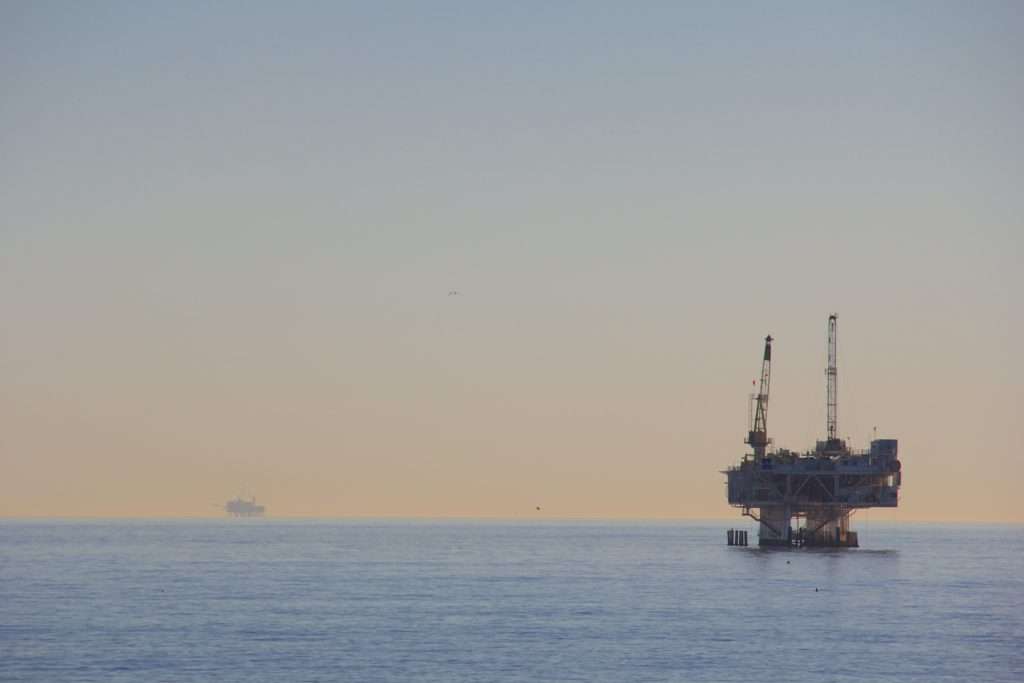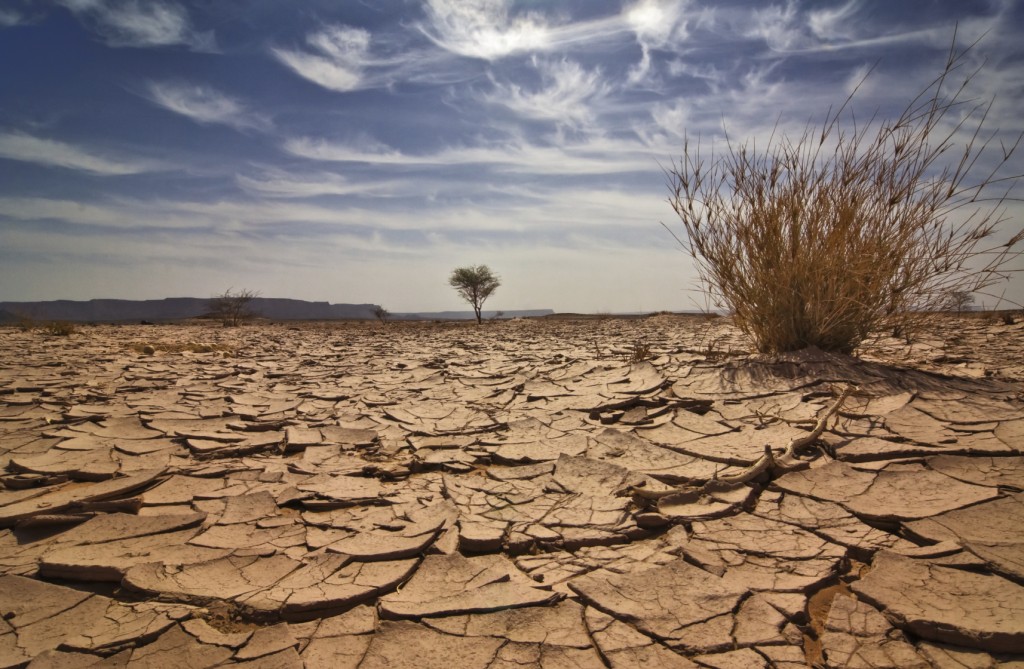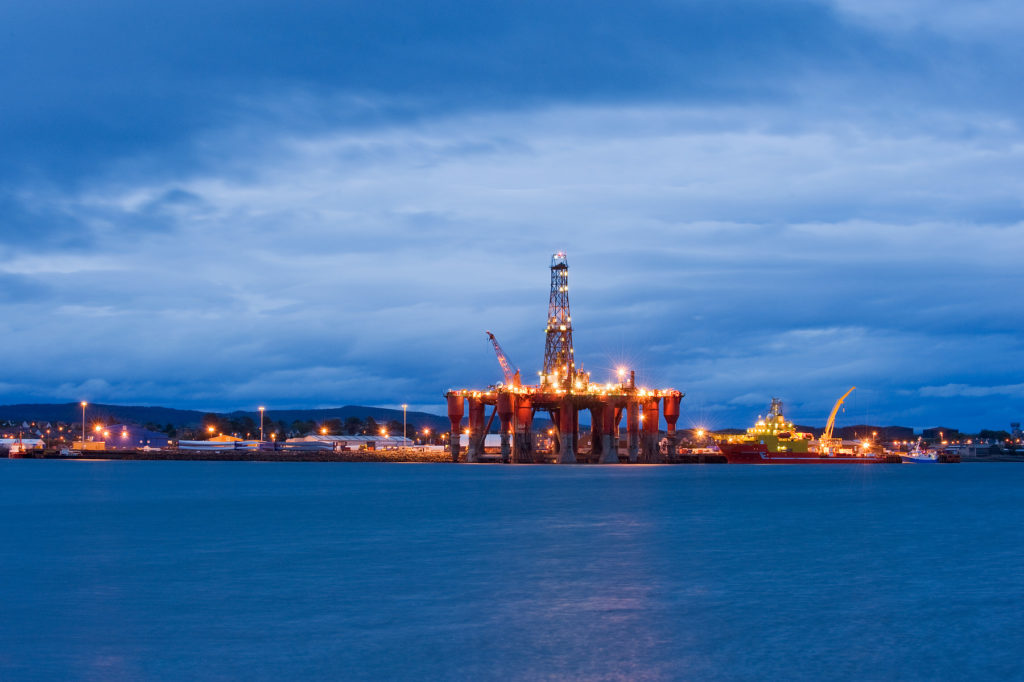
The Saudi government, in an effort to modernize and diversify the economy of Saudi Arabia, is planning to bring Saudi Aramco – an oil company with exclusive rights to Saudi Arabia’s vast oil and gas reserves – public with an IPO. This decision has raised eyebrows, as most observers expect that Aramco’s IPO, even with conservative valuations, will be the largest in world history. These analysts, however, may be missing the more important part of the story; it’s not the strength of the Aramco IPO that should draw attention, but rather its weakness. A new financial analysis suggests that Aramco is dramatically overvalued by its own government, indecision over where to issue its stock highlights the ongoing threat of climate litigation, and the very fact of Aramco going public should underscore the limited and uncertain future of fossil fuels.
Aramco is unlike the major investor-owned oil companies – ExxonMobil, Shell, Chevron – in that its business is skewed heavily toward the production of crude oil as opposed to refining and other downstream activities. Aramco’s value is thus tied directly to international oil prices. As the citizens and governments of the world seek to reduce their reliance on fossil fuels, and demand for oil as transport fuel decreases, oil prices are reasonably expected to remain depressed as well. A new analysis from Oil Change International (OCI) indicates that, with climate policies in place to meet only the least ambitious goals of the Paris Agreement, Aramco is likely to open either with a massive overvaluation, or, if valued accurately, may see up to a 40% price discount from Saudi projections.
Aramco also needs to decide on which exchange it will list, and is deciding between New York, London, and others. Although the New York market is larger, the company has expressed concerns that listing on the New York Stock Exchange could open up Aramco to legal liability, as the company would be subject to US law. Importantly, these concerns are not only about securities litigation but environmental litigation generally.
 The significance of this indecision is easy to overlook, but it should raise enormous red flags among investors. If Saudi Aramco is concerned that exposing itself to US securities laws opens the company to legal risks, what does that mean for the dozens of oil, gas, and coal companies who are already listed? What does it mean about the disconnect between the public statements and disclosures of these companies, and the true extent of their knowledge about climate change and their subsequent behavior?
The significance of this indecision is easy to overlook, but it should raise enormous red flags among investors. If Saudi Aramco is concerned that exposing itself to US securities laws opens the company to legal risks, what does that mean for the dozens of oil, gas, and coal companies who are already listed? What does it mean about the disconnect between the public statements and disclosures of these companies, and the true extent of their knowledge about climate change and their subsequent behavior?
ExxonMobil is already under investigation by the attorneys general of New York and Massachusetts for misleading and potentially defrauding both the public and the company’s investors. What’s more, over three dozen fossil fuel companies are being sued by three California municipalities for damages tied to climate impacts and adaptation costs, and more plaintiffs are lining up to file suits each day. These lawsuits and investigations flow from the revelations, including from CIEL, InsideClimate News, the LA Times, and others, that the major fossil fuel companies knew about the risks of climate change and either failed to disclose them or actively worked to confuse the public. Already, Aramco is included in similar investigations. However, if Aramco opens itself up to US securities, fraud, or tort laws, the possibility of liability increases dramatically.

Finally, the fact that Aramco is going public at all deserves attention because of what it signals: the end of the fossil fuel era. Aramco is the largest oil producer in the world, and the Arabian Peninsula has oil and gas that are both cheap and abundant. If the future for Aramco – and for oil and gas generally – was bright, why would Saudi Arabia sell off part of its prized asset? Why would they forego complete control and subject their largest state enterprise to the laws of other nations? In a world where oil has a bright future, these decisions don’t make sense. However, in a world where renewable energy grows cheaper by the day, China is implementing a cap-and-trade program, India is prohibiting the sale of non-electric cars by 2030, and the world is acting to tackle the monumental challenge of climate change, the decision to go public makes a lot more sense.

By Steven Feit, Staff Attorney
Originally posted August 14, 2017
